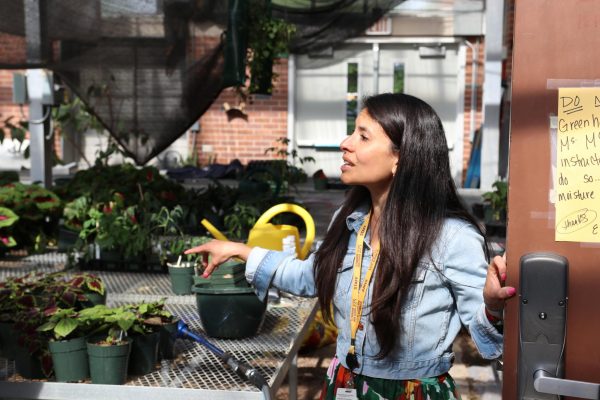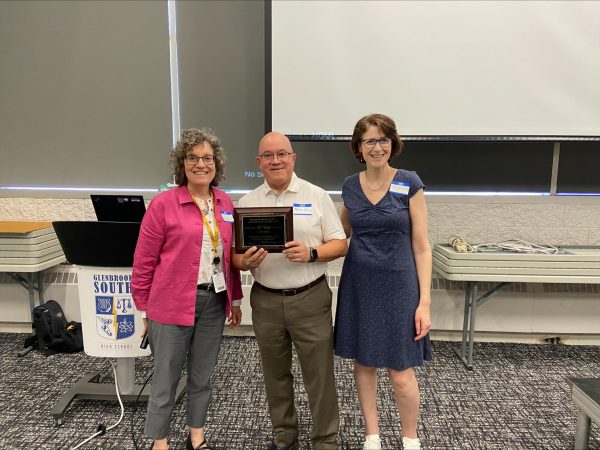Bill aims to prevent student censorship
May 27, 2016
A bill upholding the First Amendment rights of student publications was unanimously passed by the Illinois House of Representatives in February and is being reviewed by the Senate.
The bill is a part of The New Voices movement, a grassroots campaign created to legally protect the rights of high school and college students as well as gather and share information, as described on their website.
The Illinois bill not only sought to protect those rights, but also to overturn the standard placed by Hazelwood School District v. Kuhlmeier—a Supreme Court case from 1988 that allows school administrators to censor student publications if the administrators believe a publication contains content that does not reflect a valid educational purpose or that could potentially disrupt school activities. Brenda Field, adviser of the GBS Etruscan yearbook, is President of the Illinois Journalism Education Association.
“One of the problems with the language used in [Hazelwood] is that it is very vague,” Field said. “[The new] legislation helps to clarify for school publications [and] administrators what represents a disruption to school activities.”
Laura Fine, Illinois State Representative, felt comfortable with the way the bill was written. Fine believes that it will benefit administrators as well as students because whatever is good for students is also good for the school.
“I think [journalistic writing] is such an important skill, especially at [the age of high schoolers],” Fine said. “I think it is an art form that needs to be preserved.”
In the Senate, the bill is being represented by Senator Daniel Biss and is going through its second reading. There has been some debate about parts of the bill, according to Field.
“I went to a Senate hearing and there was someone there who represented an administrative associate, and there were some concerns there,” Field said. “We’ve tried to address all of [the concerns] in the bill and [tried] to make clear that there is a clear articulation of what isn’t protected.”
The Senate has until the end of May to vote on the bill. If it is passed, Governor Bruce Rauner may veto or sign it. After 60 days without action from Rauner, it would automatically become a law.








